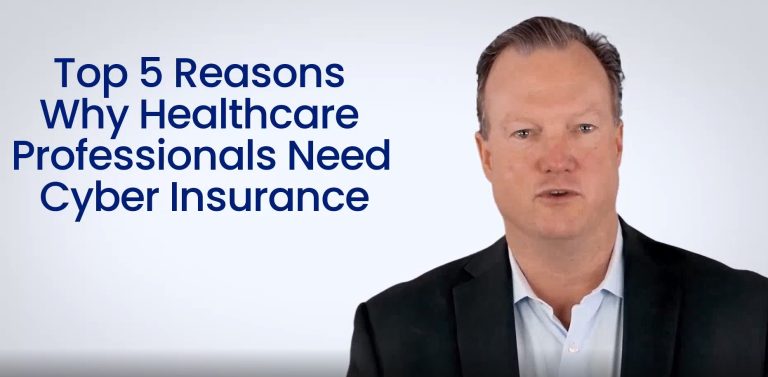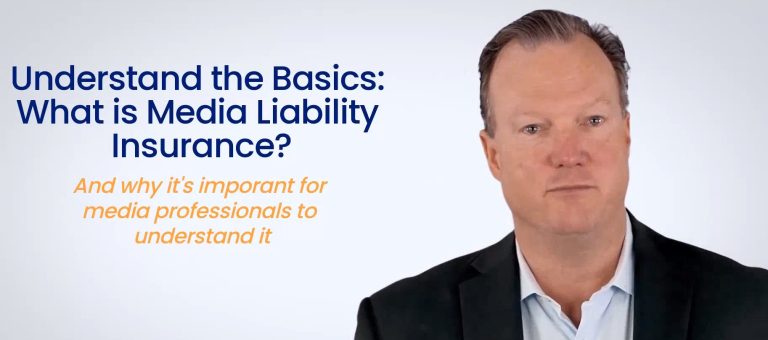D&O Policies Exclusions: What Businesses Should Know
Top 5 Reasons Every Trucking Business Needs Cargo Insurance
Top 5 Reasons You Need Insurance for Your Cannabis Business
Cannabis Insurance for Cultivators, Dispensaries & Delivery
The Ultimate Guide to Wildfire Coverage for Homeowners
Ultimate Guide to Work Comp for Assisted Living Facilities
Top 5 Reasons Why Healthcare Professionals Need Cyber Insurance

What is Media Liability Insurance? Understand the Basics

